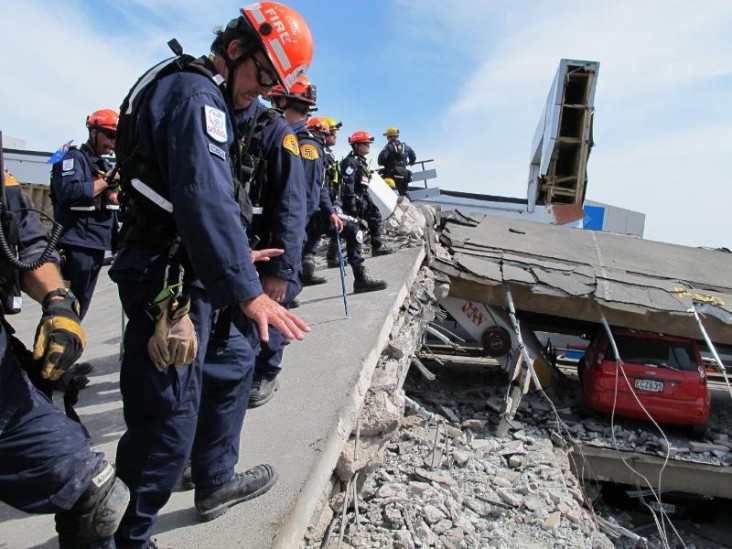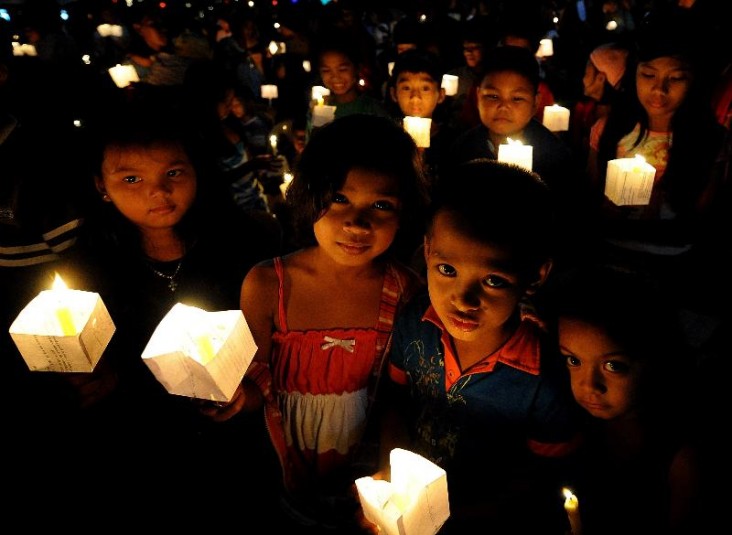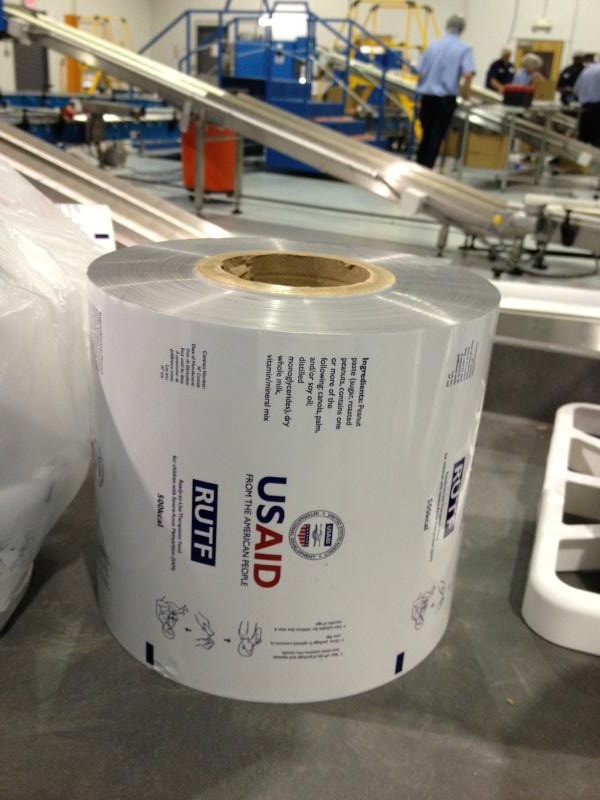
Volume Three, Issue Thirteen
World Humanitarian Day

On Sunday, USAID celebrated World Humanitarian Day and honored the dedicated aid workers who help care for millions of people affected by disasters around the world. USAID's humanitarian workers respond to a variety of crises and calls--from Syria and other conflict zones, to the Horn of Africa, South Sudan, and the Sahel. They work tirelessly to provide aid to those in need, regardless of who they are or where they live, and help save countless lives.
Read more about what USAID's humanitarian workers are doing in the field.
Responding to the Humanitarian Crisis in Syria
Last week, Secretary Clinton announced that the U.S. Government is providing additional humanitarian assistance to conflict-affected people in Syria and neighboring countries. U.S. assistance is providing critical medical supplies, emergency health care, food, and relief supplies, such blankets, hygiene kits, and kitchen sets to help nearly 780,000 people inside Syria and the tens of thousands who have fled to neighboring countries to escape the violence.
There are currently 2.5 million people in Syria in need of humanitarian assistance, approximately 1.2 million are internally displaced, and more than 170,000 have fled to the neighboring countries of Jordan, Turkey, Lebanon and Iraq.
Learn more:
- What we do: Crisis Response in Syria
- Fact Sheet: Syria Complex Emergency
- Video: Live at State: U.S. Humanitarian Assistance to Syria
Addressing Gender-Based Violence Globally

USAID recently launched the United States Strategy to Prevent and Respond to Gender-based Violence Globally, which establishes a government-wide approach to identify, coordinate, and leverage efforts and resources, and sets concrete goals and actions to be implemented and monitored by federal agencies.
The actions laid out in USAID's Implementation Plan fall within the five pillars of the National Action Plan on Women, Peace, and Security.
From the White House: Presidential Innovation Fellows
We're excited about the White House's newest project: The Presidential Innovation Fellows Program. The program pairs top innovators from the private sector, non-profits and academia with top innovators in government to collaborate on solutions. USAID is honored to be the lead agency in the 20% Initiative (@ProjectTwenty) which will work to transition "the last mile" of international development assistance payments from cash to electronic methods - lowering administrative costs, promoting financial inclusion, and reducing theft, fraud, and violence. We will also be participating in the open data initiative (@ProjectOpenData).
Read more about our existing data initiatives, including the Food Security Open Data Challenge which uses public data sets to build innovative solutions for food security and agriculture.
Ready To Use Therapeutic Food

USAID's Food for Peace Team participated in a media program in Fitzgerald, GA highlighting the Agency's new Ready-To-Use-Therapeutic-Food product (RUTF) produced by Mana Nutrition.
Officials from USDA, Georgia Farm Bureau, Georgia Center for Ag and Innovation as well as staff members from Senator Isakson's office and the Mayor of Fitzgerald attended the program.
Watch the interview with Food for Peace Director Dina Esposito.
Providing Disaster Relief to Iranians
On August 11, strong earthquakes in northwest Iran destroyed and damaged hundreds of villages, causing the loss of many lives, leaving thousands without electricity, water, health care and other essential services. Last week, the White House hosted a conference call with USAID, the State Department, and the Treasury Department for interested groups from the Iranian-American and other communities, to discuss our offer of assistance and the ways American citizens can donate to the relief efforts without violating the sanctions currently in place.
Read the White House blog and learn more about how to assist Iranians in need
Have you Seen our Blog?
Check out the Impact Blog to stay updated on the latest information about USAID programs in Washington and around the world. Read stories from the field, hear from development experts, and view weekly photos and videos of development in action. You can also join the conversation on social media!








Comment
Make a general inquiry or suggest an improvement.